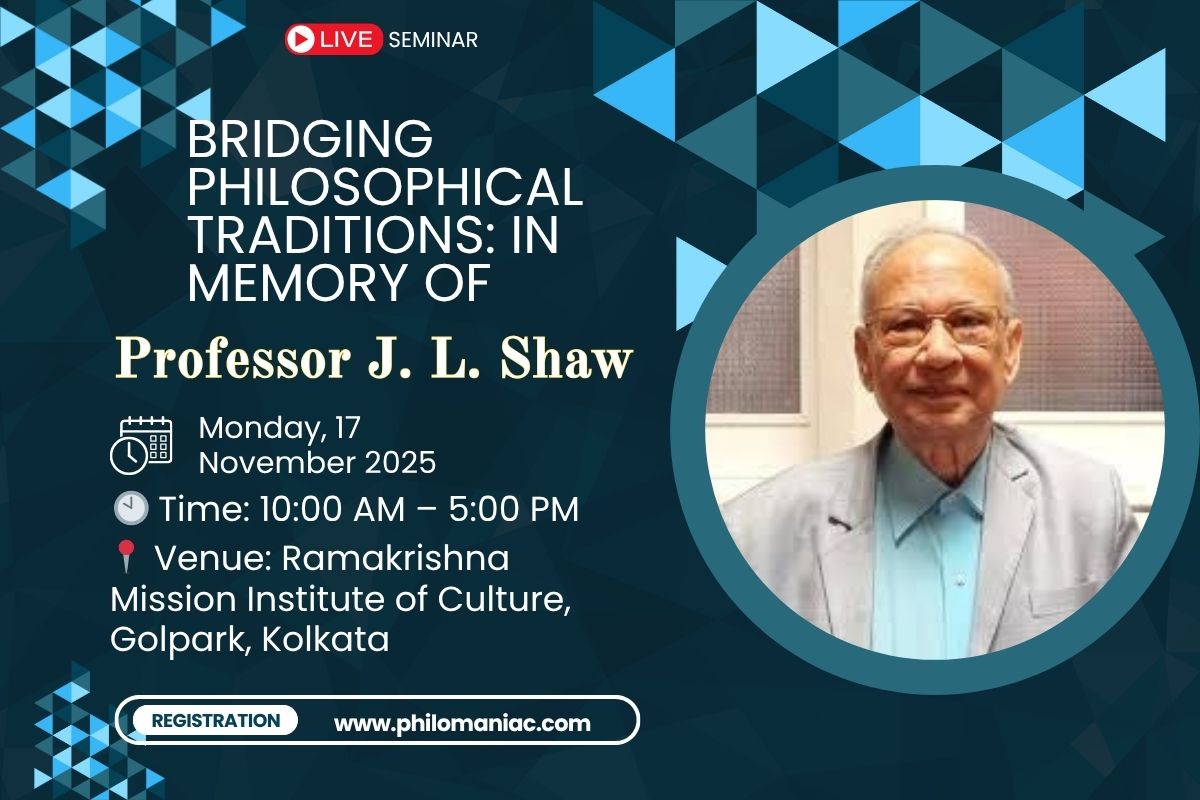Join the academic event
Join us for a day of reflection, discussion, and celebration of the life and work of Professor J. L. Shaw, a distinguished comparative philosopher who built bridges between Indian and Western philosophical traditions through his work on logic, epistemology, and the philosophy of language.

Join with philomaniac
Empowering Minds, Inspiring Ideas, and Uplifting Lives — The Philomaniac Way.
At Philomaniac Trust, we bridge learning, creativity, and compassion. From online courses and academic publications (books, journals, blogs) to charitable initiatives — we nurture thinkers, writers, and changemakers shaping a better tomorrow.

Empowering learners through accessible, high-quality online education across diverse fields of knowledge.
We help authors bring their ideas to life through professional publishing and global reach.
Providing a platform for scholars and researchers to publish and share their academic insights worldwide.
